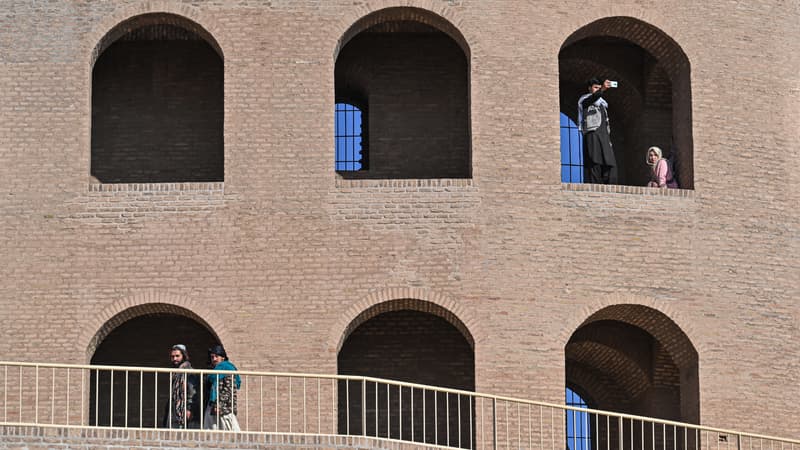The Taliban regime’s treatment of women and girls in Afghanistan could be considered gender persecution and therefore a crime against humanity, UN experts said on Friday.
“In recent months, violations of the fundamental rights and freedoms of women and girls in Afghanistan, which are already the most serious and unacceptable in the world, have increased considerably,” say these independent experts, who have a UN mandate but they don’t talk about his name
These recent restrictions, such as the ban on frequenting parks in Kabul, as well as previous discriminatory measures “should be investigated as gender-based persecution (considered a crime against humanity, ed.) with a view to prosecution under international law.” , underline. in particular Richard Bennett, the special rapporteur on the situation of human rights in Afghanistan, with whom the members of the working group against discrimination against women and girls.
They call on the Taliban, who regained power in August 2021, to respect Afghanistan’s human rights commitments.
increasingly strict rules
From the international community, experts expect in particular that the restoration of women’s freedoms and rights be demanded in all talks with the regime. At the same time, the Office of the High Commissioner for Human Rights demanded that the flogging, “an abject form of punishment, cease immediately.”
Fourteen people, three women and 11 men, were caned on Wednesday by order of an Afghan court after being found guilty of “moral offences” and robbery, a provincial official said.
The Taliban imposed an ultra-rigorous interpretation of Islam and gradually introduced ever stricter rules.
Ban on visiting Kabul parks
Girls’ secondary schools were closed. Women civil servants are excluded from most public jobs or are paid a pittance to stay at home. Women are also prohibited from traveling alone outside of their city and must wear a full veil.
The Taliban also announced in November that they no longer had the right to visit Kabul’s parks and gardens, but also no gymnasiums or public baths.
On Wednesday, telecoms officials in the southern province of Uruzgan said women were no longer allowed to buy SIM cards for their cell phones because stores did not have separate areas to serve them.
Source: BFM TV


